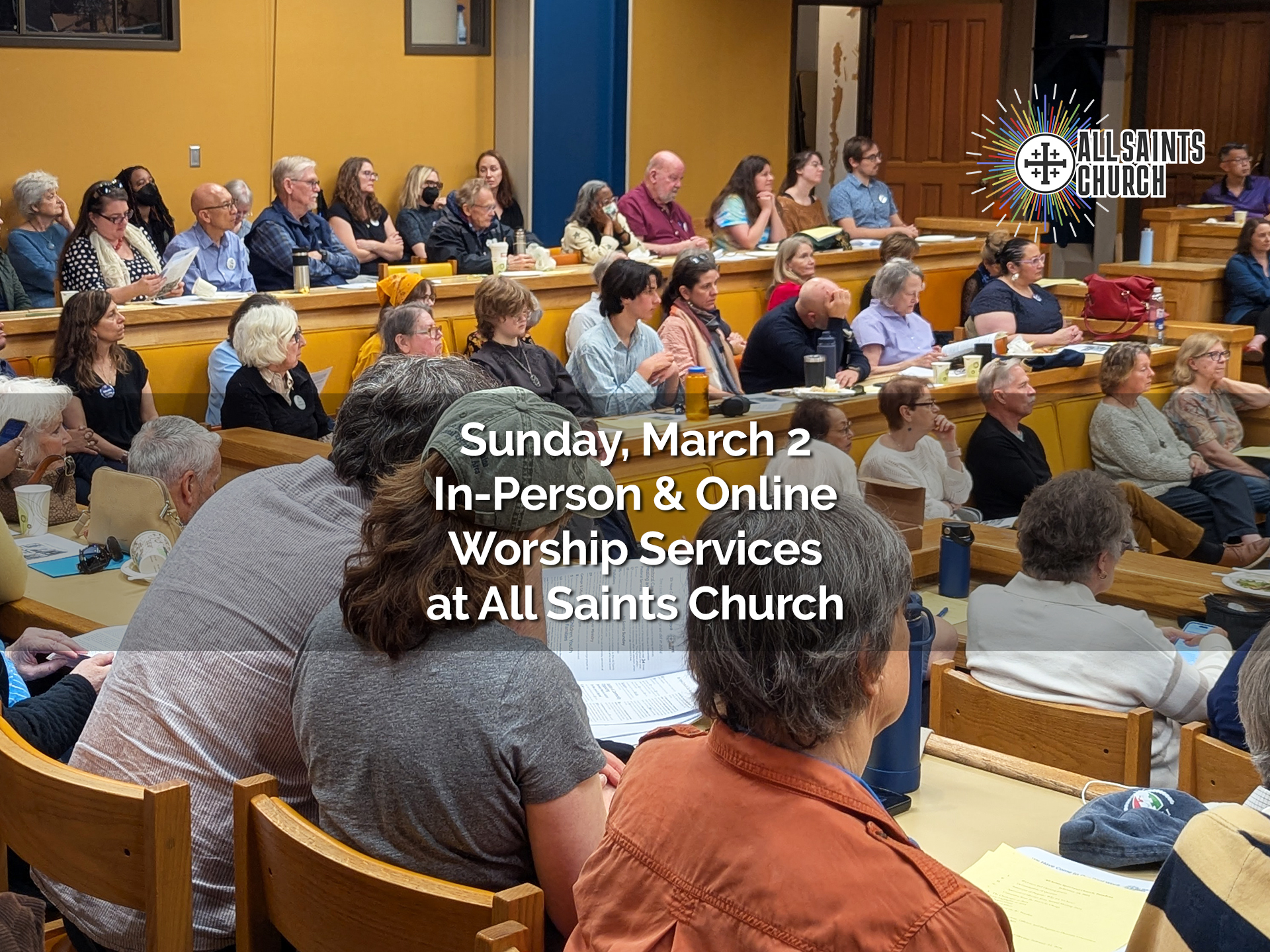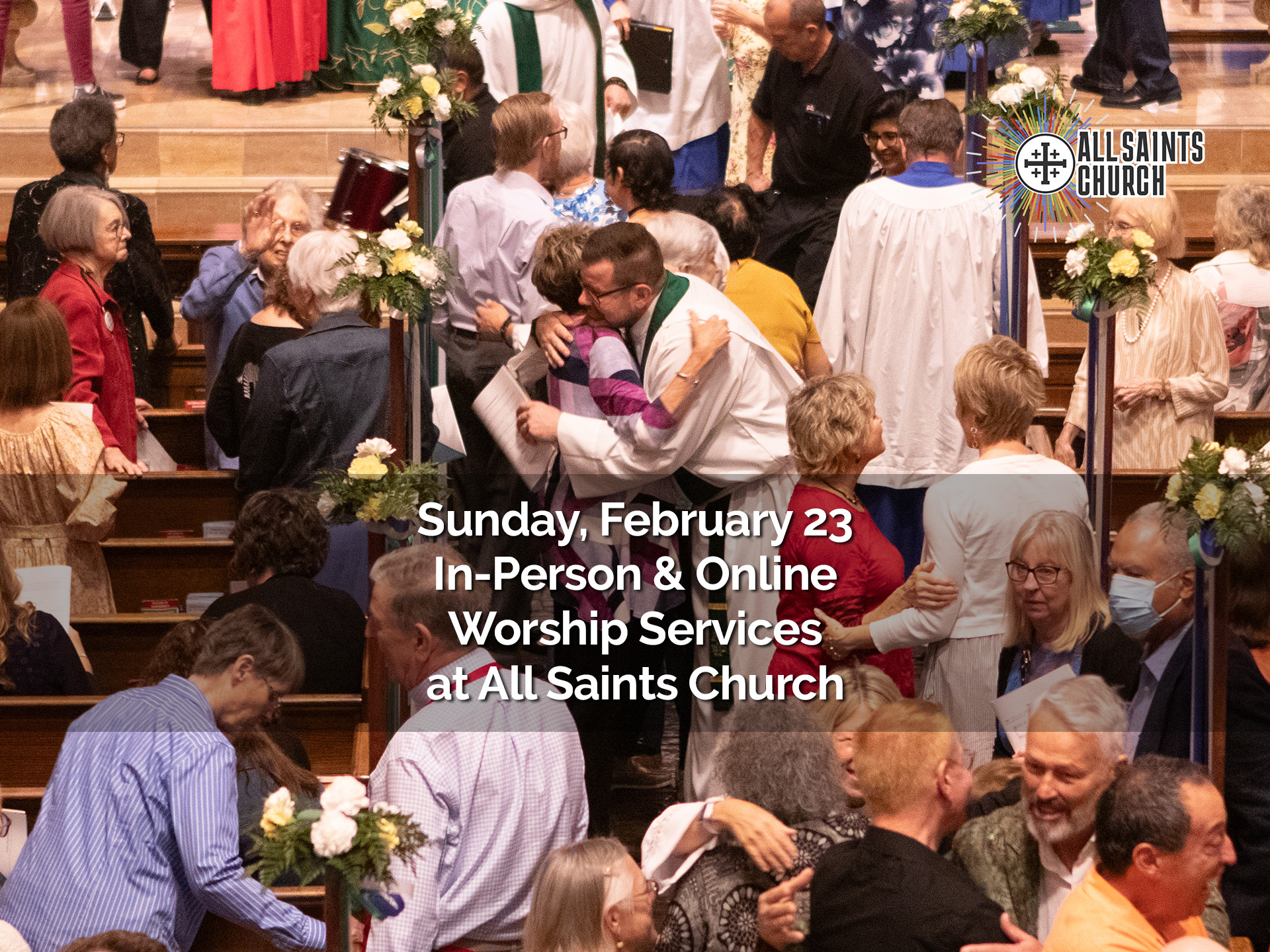“The story of the prodigal son is a miracle story – the story of going home. But we can’t just wait for each other to show up back home … we are called to meet each other in the slop: loving each other where we are and sitting with each other without judgment.”
“He was so hungry he would have eaten the corncobs in the pig slop, but no one would give him any.”
+
Nobody knew.
Nobody knew.
He was alone. Completely, agonizingly alone.
It wasn’t always that way. He used to have a family. Friends. School. A place to call home.
And then one day he said something terrible and left. And because of that, history has branded him as contemptuous and selfish. But we really don’t know that. We really don’t know anything about him or what happened between that parent and child.
You see, we only know the part of the story we see. The part of the story we hear.
And there is always so much more.
We don’t know what happened between parent and child that led to that moment when he said to her “you are dead to me. Might as well give me my inheritance now.”
We don’t know what pain had passed between them.
We don’t know what terrible truths had divided them.
What piece of one’s identity the other just couldn’t live with.
We don’t know the story that led to this story … and, we know that there was one. There is always the story that leads to the story.
The slammed door and the footsteps fading away don’t just happen, as shocking and unexpected as they might be. There is always a buildup. There are always stories upon stories behind the story.
We know this.
We know this because we have seen it.
Because we have felt it.
We know this because we have lived it.
Estrangement is countless misunderstandings and missed opportunities.
Estrangement is the death by a thousand cuts of being unable to face in another that which is most painful about ourselves.
Estrangement is time after time of prejudice triumphing over compassion.
Estrangement is the enduring of abuse after abuse until finally in an act of deep courage one is able to break free.
Estrangement is habitual neglect and taking for granted of the other that grows chasms between people who share the same house … and table … and bed … and church.
Estrangement is realizing that even though you love each other, maybe because you love each other, you just can’t live with each other.
Estrangement can be all these things and more. The final break can happen in an instant … and it rarely, if ever, just happens.
We don’t know what happened between parent and child that led up to that moment when he said to her “you are dead to me.” We only know what happened then and where it led. To this moment:
“He was so hungry he would have eaten the corncobs in the pig slop, but no one would give him any.”
This child. Hungry. Humiliated. Destitute. Alone.
Completely, agonizingly alone.
Alone with his pain.
Alone with his story.
Alone with his hopelessness.
Alone with himself.
Alone.
Nobody knew.
Nobody knew.
His parents. His siblings. His friends.
Nobody knew.
Maybe they were worried about him. Maybe they were so worried that they couldn’t sleep. Maybe they were not only worried but wracked with guilt because maybe there was something, one more thing they could have tried that would have made a difference, that would have made him stay.
Maybe they didn’t think about him at all. Maybe the anger, the pain, the judgment had dug too wide a chasm between them.
Or maybe they just told themselves that whatever was going on with him, it couldn’t be that bad. That they were sure that he would get through this and be OK. That this was just a phase.
Whatever it was and whatever they were thinking … they didn’t know what he was going through. How could they?
Nobody knew.
Nobody knew.
We tell the parable of the prodigal son like it is a storybook fable with a simple moral. That no matter what we do, God is always ready to embrace us and welcome us back.
And that is true.
Please know that that is true.
There is nothing we can do that will separate us from God’s deep, passionate, giddy, indestructible love for us. God is always longing for us and God dreams for us to long for one another with the same compassion, God dreams for us to welcome one another home with the same fervor and joy.
And … as wonderful and true as that is … there is much more to the story than that.
Because it might not have ended this way.
Too often, it doesn’t end this way.
“He was so hungry he would have eaten the corncobs in the pig slop, but no one would give him any.”
“I am a stranger in this world, and there is a severe solitude and painful lonesomeness in my exile” writes Kahlil Gibran.
He was alone in his estrangement.
Alone with his pain, his story, his hopelessness, himself.
Alone.
Nobody knew.
And that could have been the end.
Too often, that is the end of the story.
We call this one of Jesus’ parables, but truly it is a miracle story. And the miracle is this line:
“That brought him to his senses … and he got right up and went home.”
That’s a miracle. Because, it might have gone another way. Too often, it goes another way.
Because we are all carrying something, we are all carrying so many things.
Things we feel we cannot share.
Things we feel too ashamed to show.
Things we are afraid to burden others with and things we are so sure nobody else will understand.
Things we know we should ask for help to handle but just don’t know how or can’t bring ourselves to do.
We are all carrying something. We are all carrying many things. And some of us are carrying so much we can barely stand. We can barely breathe.
And we have become geniuses at disguise because we are so sure that we are the only ones.
We have become geniuses at disguising what we are carrying because even though we may crave someone to share this burden, somehow we just can’t bear to. Because we are so sure either nobody else is carrying anything at all
…or that somehow we deserve what we are carrying,
…or that what we are carrying is embarrassingly inconsequential and our pain is only a testament to our own weakness and inadequacy.
And so we walk as strangers in this world, and there is a severe solitude and painful lonesomeness in our exile.
At best we suffer in silence in that solitude and lonesomeness of exile, with our strategies that help us make it through each day.
At worst, it all becomes too much. At worst we have weeks like we have had recently, where two survivors of the massacre at Marjorie Stoneman Douglas High School and a parent of one of the children murdered at Sandy Hook died by suicide. Weeks that remind us that on average 123 people a day die by suicide in this nation.
At worst, it all becomes too much. And on this International Transgender Day of Visibility, we know that 41% of people of transgender experience have attempted suicide – and for those who have been estranged from their families that number goes up to 57%.
And every one among us who completes suicide leaves behind others of us shaking our heads and saying:
I didn’t know.
I didn’t know it was that bad.
I just didn’t know.
Nobody knew.
Nobody knew.
The son in the parable returns home and is embraced and celebrated. We love that ending. We crave that ending. We aspire to that ending.
It might have gone another way. Too often, it goes another way.
Those among us who are survivors of trauma.
Who are heartbroken and bullied.
Who are the transgender or gender nonconforming or queer teen whose family, school and church shame and reject.
Who are struggling with mental health problems.
Who are just struggling to get up in the morning and make it through the day.
It might have gone another way. Too often it goes another way because we are alone.
Alone with the pain.
Alone with the story.
Alone with the hopelessness
Alone with ourselves.
Alone.
Nobody knows.
Nobody knows.
Yes, this parable tells us that God loves us.
Yes, this parable tells us that God embraces us no matter what.
Yes, this parable tells us that our greatest joy is to long for each other and to celebrate the arrival of each new person and each estranged person among us who has returned home.
And … every day that is not enough. Because every day it goes another way.
Every day, there is someone, there are someones who never make it out of the slop.
We can’t just wait for each other to show up back home.
And we don’t have to.
For the love of the prodigal, the love for the prodigal does not wait. The love of the prodigal, the love for the prodigal sees from a long way off … and while still at a great distance it reaches out to touch, to embrace, to know.
We can’t just wait for each other to show up back home. And we don’t have to.
We can be that home for each other everywhere.
We can remember that we all have been in the slop. And that many of us are there now. We can seek each other out in the slop. And meet each other there. And stay there together for as long as it takes.
We can remember when we look at each other that we only know the part of the story we see. The part of the story we hear. And there is always so much more.
Right here, right now, and out there, right now, we can love each other without judgment, and celebrate each other without ceasing.
Right here, right now, and out there, right now, we can ask each other:
“What’s on your heart?”
“What are you carrying?”
“I know you say you’re OK, but are you actually OK?”
Right here, right now, and out there, right now, we can just sit with each other, and be that safe, brave space where hand held in hand and head cradled on chest in silence break through the severe solitude and painful lonesomeness of exile.
Right here, right now … and out there, right now, together, we can be the people, we can be the place where nobody knew
…becomes somebody knows.
Amen.



